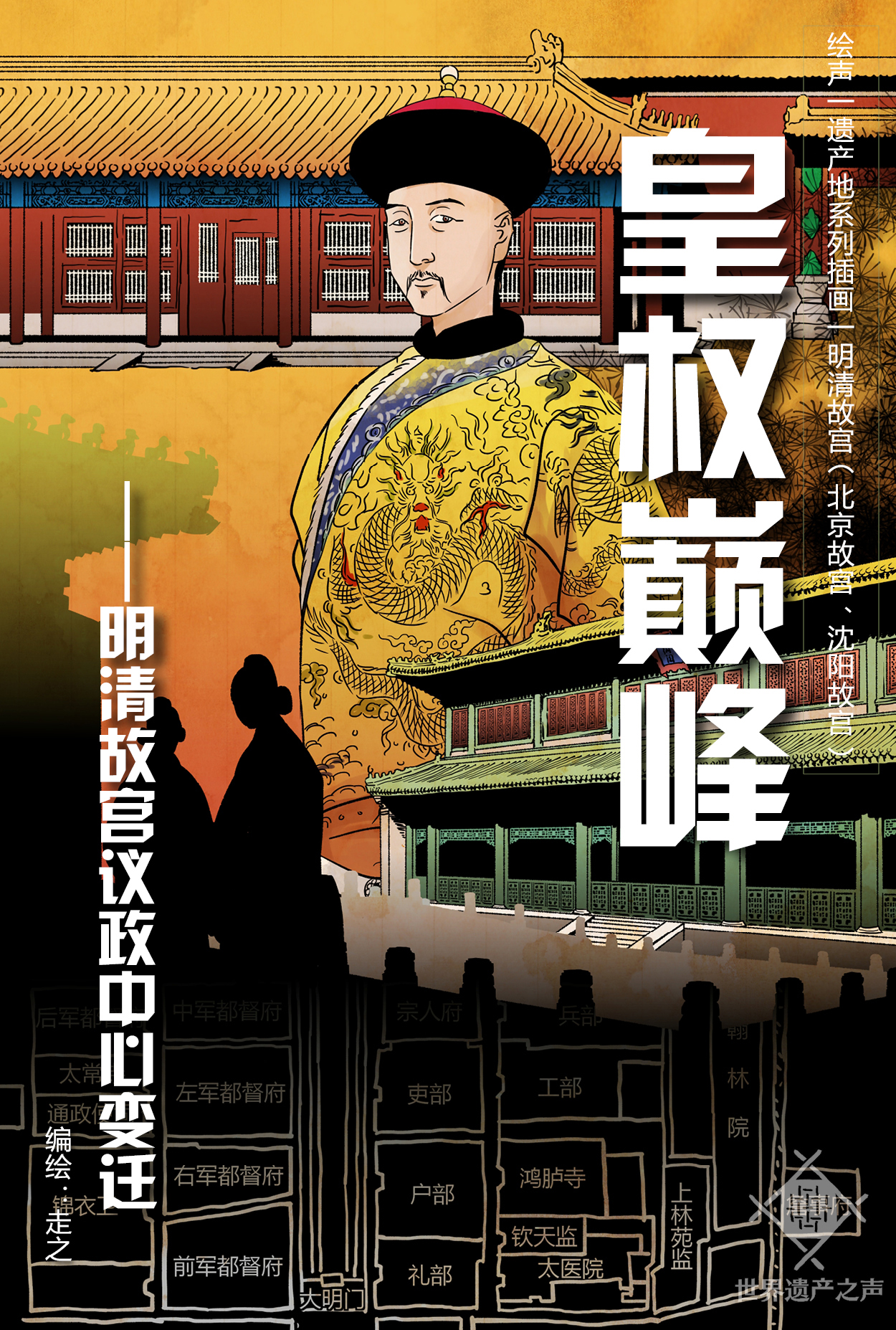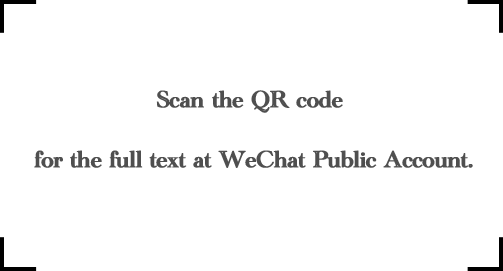
In the Ming and Qing dynasties, the centre for discussion of government affairs in the Forbidden City was shifted several times. In 1380, the 13th year of the Hongwu reign, Emperor Taizu Zhu Yuanzhang of the Ming dynasty institutionally abolished the Prime Minister position, which had existed for 1,500 plus years. After Emperor Chengzu Zhu Di ascended the throne, the cabinet was established between the emperor and the Six Ministries, and the centre for discussion of government affairs was shifted to Wenyuange (the Hall of Literary Profundity). The establishment of the cabinet marked the shift of the centre for discussion of government affairs from the Outer Court (functioning since the Tang and Song dynasties) to the Inner Court. After Emperor Gaozong of the Qing dynasty ascended the throne, the Junjichu (Grand Council) was established on the north side in the Longzong Gate of the Forbidden City. After the establishment of the Junjichu, the emperor’s decrees could be directly developed by the Junjichu and communicated to officials without needing to discuss with others, making imperial power unprecedentedly centralised. The shift of the centre for discussion of government affairs in the Forbidden City marked the prime of an autocratic monarchy.






